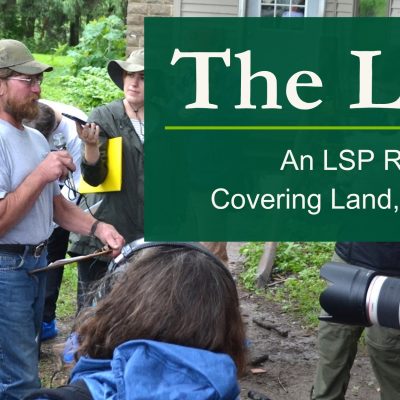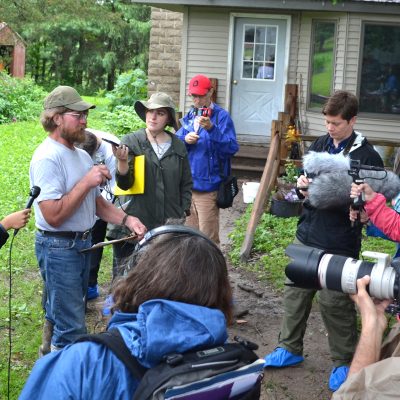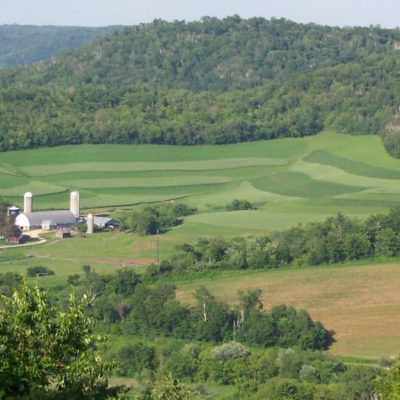Standing up to a Factory Farm & Asking Tough Questions
CROW LAKE TOWNSHIP, Minn. — It’s early November, and Grass Lake in Stearns County’s Crow Lake Township is peaceful, lined with cattails bending in the breeze and a few ducks and geese watching for winter’s arrival. But if things had gone differently a few months ago, neighbors could have been seeing, hearing, smelling, and feeling… Read More →




